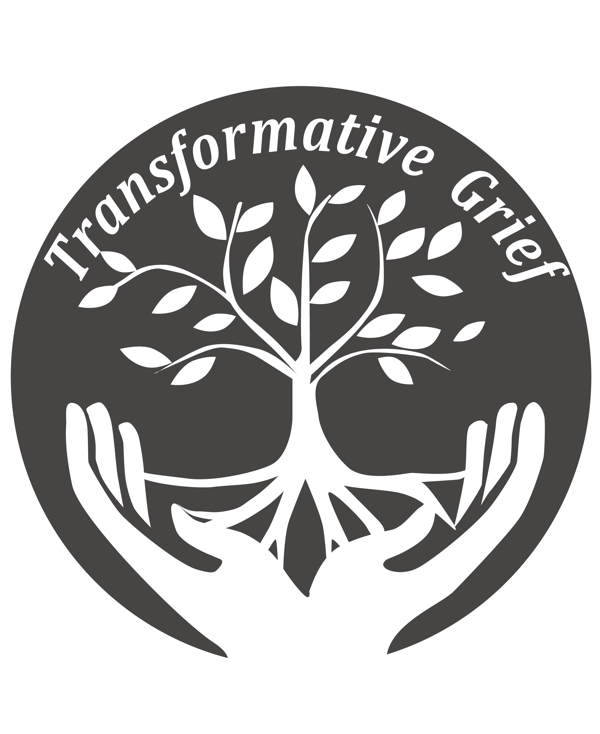Grief is hard, unpredictable, complicated, and always (on a good day) just below the surface. It is not simply mourning the person but forever the way they made you feel, the importance they brought to your life, as well as the purpose and often the routine they brought to your days. There are so many layers to loss, each profoundly painful. The absence of your loved one can feel so disorienting, so lonely. The longing to feel as you once did and the heart wrenching burden of knowing that you never will.
In time you learn to carry on. To live with loss. To find ways to buffer those feelings. To adjust and to grow forward through grief. Accepting that life will never look or feel the same and that sadness, longing, and the weight of grief is your companion forevermore requires adaptive coping. Adaptive coping is the use of healthy strategies to help you adjust and adapt to loss while finding ways to live a fulfilling, meaningful life still.
Acknowledging and responding to your feelings with patience, self-compassion and positive, productive self-talk will help buoy you through the waves of grief. Positive distractions such as music, art, exercise, TED Talks, gardening, reading, word searches, meditation, long walks, journaling, etc. can help to fill your days and nights with healthy release, mindless engagement, as well as space for new thoughts and ideas to develop. Speaking with supportive friends and family or a therapist can help to ease the burden of grief. Support groups can normalize the highs and lows of grief. Self care through massages, reiki, acupuncture, yoga and Tai chi can be restorative. Joining a class (lecture, dance, exercise, cooking, pottery, etc.) or a club (golf, walking, soccer, book, gardening, etc.) and volunteering can reduce isolation, provide new experiences as well as offer an opportunity to form new connections.
You will never “get over” the loss of your loved one. There is no timeline. There is no right way or wrong way to grieve. Adaptive coping strategies (the core of which come from self-compassion, innate resilience and curiosity) will strengthen you and your ability to grow through grief. Try to be patient with yourself and with others. Remember, grief work is experiential. Explore what provides respite, a buffer, some relief and assimilate those strategies into your daily self care practice. Adaptive coping will not take away your sorrow but it will help you to heal and grow over time.










How would you cope if you found out after your husband died that he had actually married you for convenience and had been cheating on you for the 10 years you were married
Cathy, Coping with compounded and complicated grief work is difficult. You are grieving the loss of the relationship you thought you had as well as the hurt, anger and betrayal from a relationship that you were unaware of. I am so very sorry. Life and relationships are messy. I am sorry that you are left with questions unable to be asked or answered. Nurture and care for yourself. Spend your energy not on what you will never understand but on healing and rediscovering yourself. Not easy to do. But you deserve to feel good, alive and hopeful about a future in which you honor and care for yourself.
Absolutely beautiful writing…reading it soothes my soul. You have a talent for expressing the inexpressible surrounding grief and healing ❤️
I am so grateful that my writing brings comfort to you. Thank you.